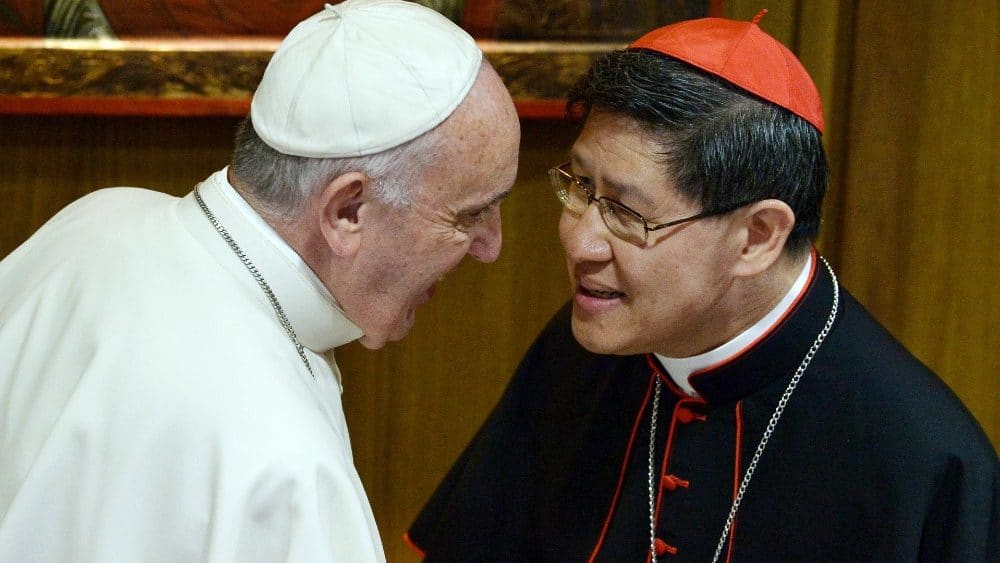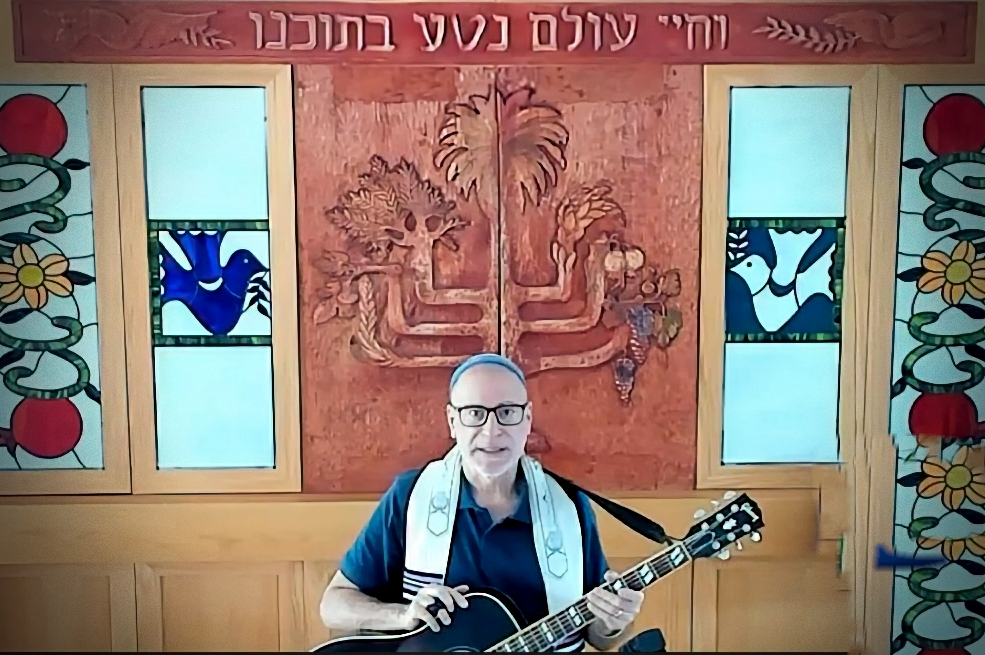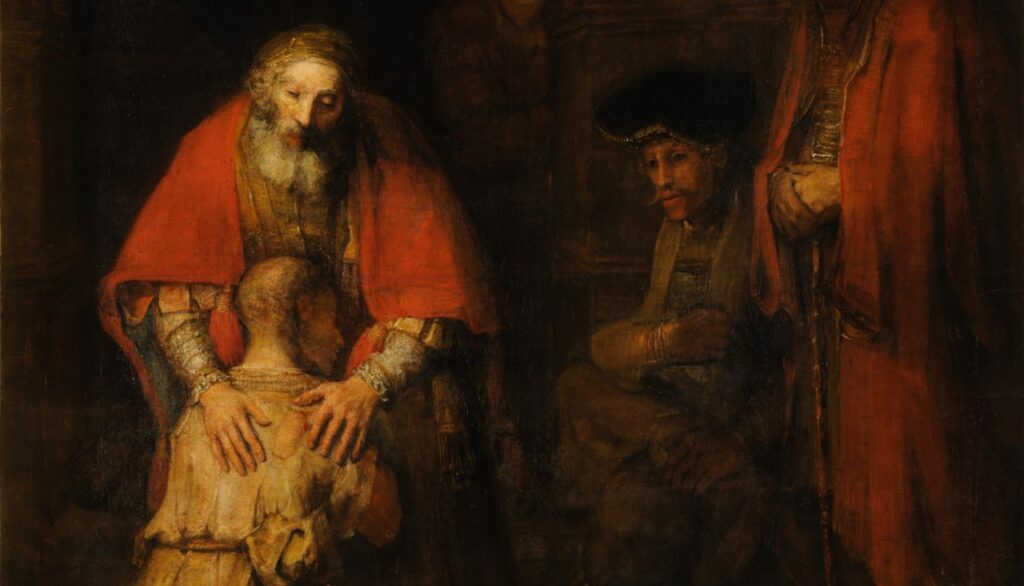Is the West a New Mission Land?
‘Pray to the Holy Spirit and Witness,’ says Cardinal Tagle. ‘There Are Positive Signs,’ says Monsignor Dal Toso

Is the West a New Mission Land? In his intervention, on the occasion of the presentation of World Mission Day, Monsignor Dal Toso recalled how Venerable Pauline, Foundress of the Work of the Propagation of the Faith, former Missionary Works, “wanted to involve the mission in distant lands to evangelize in close lands.” In the light of the numbers in Fides’ annual dossier, one can think that the West is the new land of mission, despite the fact that Asia, for example, has only 3% of Christians, half of them in the Philippines. How can the example of the next Blessed be taken up again concretely to reinvigorate the faith in an ever more de-Christianized West? Exaudi addressed this question to the participants in a press conference. Here are the answers:
“Pray to the Holy Spirit,” Says Cardinal Tagle
First of all, it’s necessary to pray to the Holy Spirit. Faith is a gift of the Holy Spirit. I think we started with an attitude of great humility. We are concerned for Europe and for the whole world; we acknowledge, as Saint Paul says, that no one can say Jesus is Lord but by the grace of the Spirit, who, however, works through witness. I’m not an expert as regards Europe; we know that Europe is also becoming mission territory and, in any case, we have the need to witness through our life, giving a vibrant proclamation of the Gospel. This is useful to attract people. If we were to begin with theoretical concepts, some would not be able to understand. It’s necessary to start with testimonies that open the doors.
Witness
The Cardinal told an anecdote. “I visited a refugee camp and no one was a Christian. The head of the camp said to me, ‘but you are different from us, why do Christian do this for us?” I understood that he was not only curious, but wanted to know the motive for our ‘sacrifice,’ for our help. I thought that the Spirit used this situation to open the doors. I answered him that Jesus, our Teacher, taught us to love all, and he said to me that he wanted to know Him. We must not minimize this simple contribution of testimonies.”
“There Are Positive Signs,” says Monsignor Dal Toso
It’s true that there is this de-Christianization but I would like to underscore that there’s not only this. In Europe there are also many signs of lively communities, for example in France, I see a recovery of the number of priestly Ordinations. Then I think that, thank God, the Church in Europe still reaches many people. Secularism is very strong, but courses must be implemented of Christian initiation, for those that in some way are close to the Church but want to reflect further on what Christianity is. Knowledge is needed that is not only theological; familiarity with the contents of the faith is also weak on the part of Christians. We must find the means to introduce the faithful to a deeper knowledge of these contents.
Sister Alessandra Dalpozzo: “We Have Harvested the Fruits”
I bring my Congregation’s experience. Ours has been a mission that has borne fruits of presence, of vocations but there was also something that involved the people more, with whom we collaborate here. In this commitment of spiritual initiatives and paths it becomes a surplus of life for all; the mission that involves all as Christians, in whatever part of the world. It’s also necessary to open the heart to interculturality, which enriches us but requires a commitment of care and creativity.
Sister Roberta Tremarelli: “Start Again from the Family”
Finally, Sister Roberta Tremarelli, Secretary-General of the Pontifical Society of Missionary Childhood, recalled that during the pandemic the involvement of families was fundamental through “the proposals that children and youngsters shared. In this time the whole family took part in prayer and in activities of formation. In Europe, where the family is weakened, we must continue to involve it at the level of the local Church.”
Translation by Virginia M. Forrester
Related

The International Academy of Catholic Leaders: Renewal and Commitment to its Mission
Exaudi Staff
30 March, 2025
4 min

Reflection by Bishop Enrique Díaz: The Heart of the Father
Enrique Díaz
30 March, 2025
5 min

Sunday Psalm: Worshiping God Is Not Enough—Words and Actions Matter
Heschel Centre for Catholic-Jewish Relations at the Catholic University of Lublin
30 March, 2025
2 min

Tomorrow is Laetare Sunday, but COVID is no longer present
Padre Antonio María Domenech
29 March, 2025
5 min
 (EN)
(EN)
 (ES)
(ES)
 (IT)
(IT)

